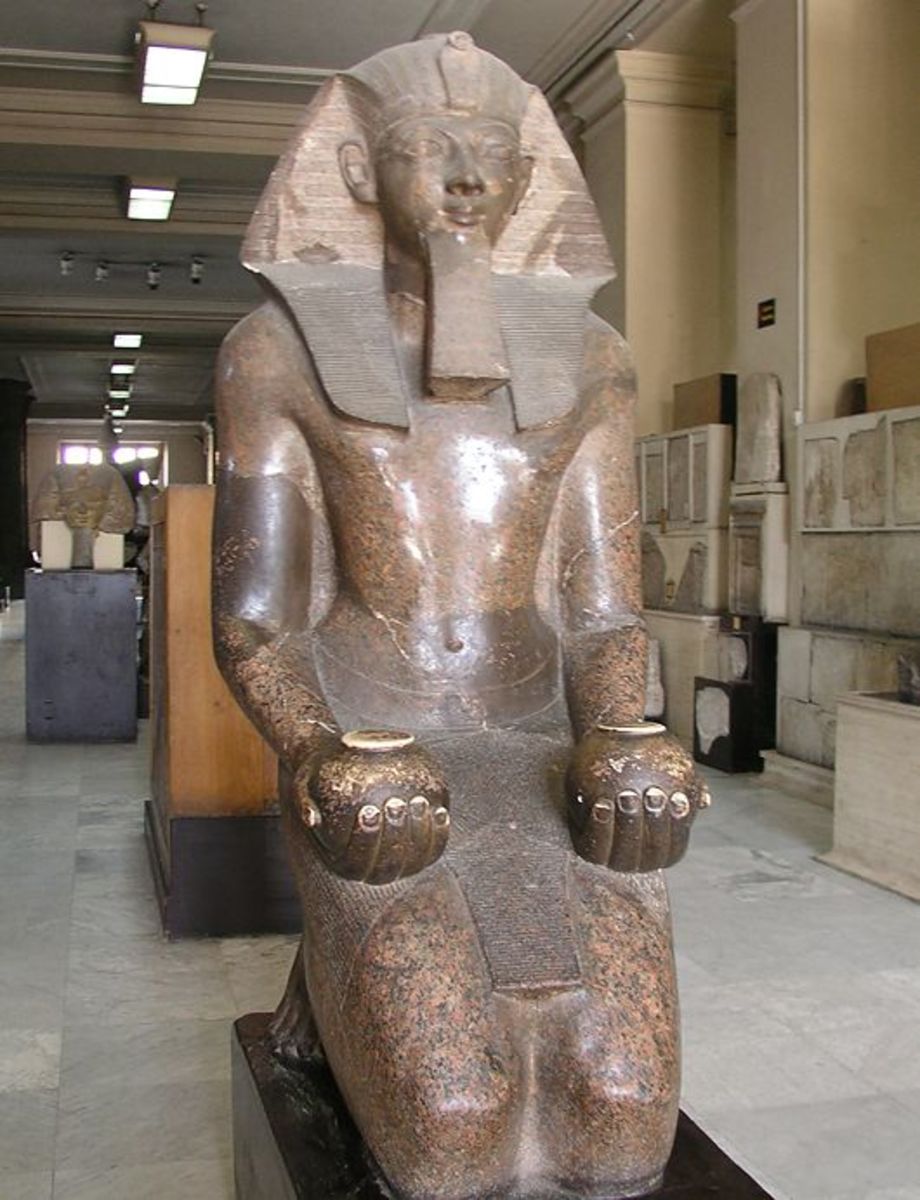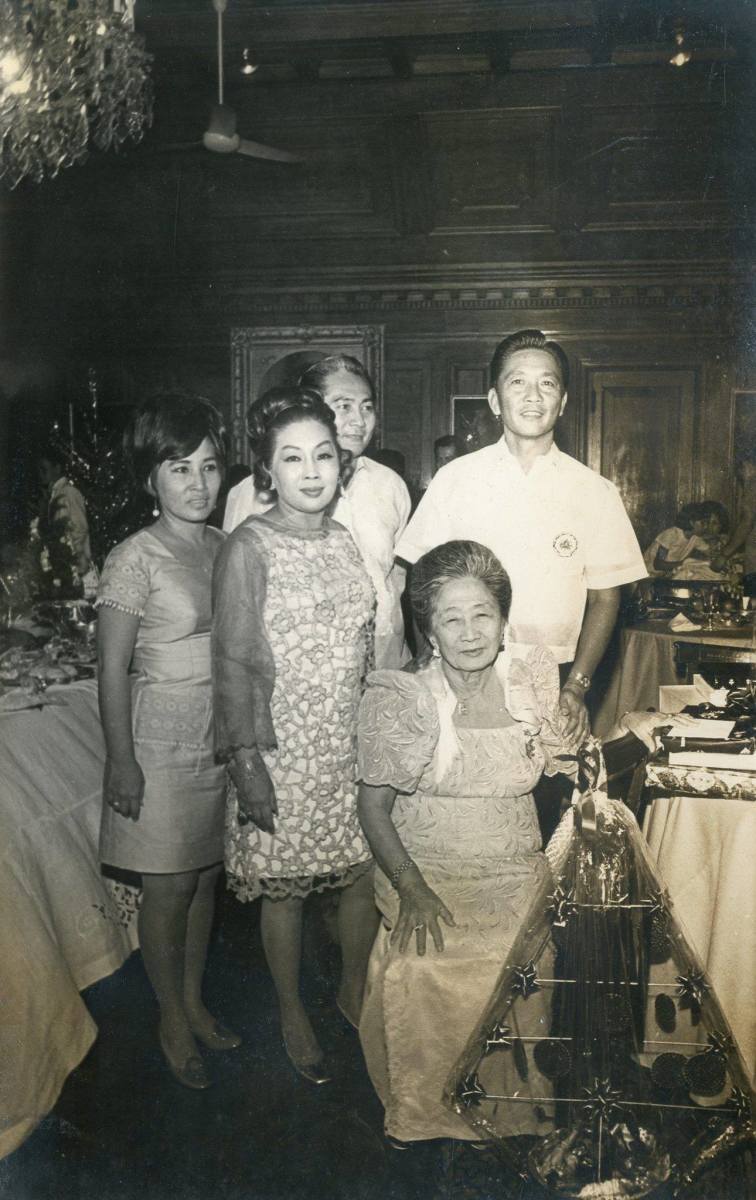Rolling the red carpet for Sisi
After denying that he ever wanted to become president, Field Marshal Abdul Fattah Al Sisi threw the towel into the ring and said yes, he wants to run for the top job for the welfare of the nation. Many say it wasn’t a 180-degree turn but it was clear that Al Sisi was being groomed by the army for the highest political post in the land ever since the July 3, 2013 ouster of president Mohammad Mursi. But his yearning for the position goes back decades, when he was just 15 and claimed he had a dream that one day he would become president.
Today Al Sisi is in his first battle to become the next president of Egypt, in elections slated for May 25-26, effectively signalling the end of the Arab Spring — which was marked by the removal of president Hosni Mubarak in February, 2011 and then the quashing of Islamist dissent that followed the imprisonment of Mursi and the arrest of up to 16,000 opposition supporters, mainly from the Muslim Brotherhood.
Despite this, Al Sisi, who became the effective ruler after July 3, notwithstanding the caretaker Egyptian president Adly Mansour and prime minister Hazem Al Beblawi, also became a very popular figure. Indeed, his popularity increased as protests by Islamists continued on the streets of Cairo, seeking the return of Mursi. Needless to say, it was to no avail, with the government’s iron-first becoming very popular on the Egyptian street. This was perceived as stamping out chaos and protests in favour of stability and a semblance of normality, away from the million-strong demonstrations that first started in Tahrir Square and continued to a lesser extent later.
His popularity after the events of July 2013 was sky high despite the fact that rights had been curtailed and government permission was needed to hold public demonstrations. In January 2013, an opinion poll by the Egyptian Centre for Public Opinion Research, Baseera, noted that 50 per cent of the public would vote for Al Sisi if he stood for president. A similar poll in mid-March put the figure at 39 per cent, still relatively high in relation to what was being stated as the “personality cult” cultivated surrounding Al Sisi, the Field Marshal who put away his military stripes and turned to a track suit and a bicycle, roaming the streets of Cairo to begin his election campaign in earnest, a first for an Arab politician.
In reality, however, Al Sisi, now almost certain to be the next president, has been groomed for the top job well before his announcement on March 26 to stand for president. There had been a huge buzz in many quarters, including different parties, institutions and indeed amongst the general public, with him boasting that he has the support of 30 million Egyptians. The support for him ensures that he would stay on top of things regardless of the faltering state of the economy, high unemployment at 13 per cent (and among the youth at 25 per cent), depressed wages and soaring inflation. Putting an end to all this was the original demand during the Arab Spring, which first started with the removal of Zine Al Abidine Bin Ali in Tunisia in January 2011 and the removal of Mubarak a month later. But Al Sisi is riding high on the popularity wave, frankly telling Egyptians to be patient and wait for the prize.
Al Sisi — portrayed as a man of the people who grew up in the poorer areas of Cairo, a pious man with deep religious convictions, one of the reasons why Mursi thought he could do business with him and push the so-called Islamic agenda forward — is a military man to the hilt. Having joined the military in 1977, he moved up the ranks to become the director of military intelligence in the Mubarak regime. But little was known about him before he was appointed to the Supreme Council of the Armed Forces, which ruled Egypt after the ousting of Mubarak and till the Mursi government was handed the reins of power in June 2012, after having won the presidential elections.
Indeed, he was a rising star under Mursi, immediately being appointed as Defence Minister and the new chief of the Armed Forces. While it can’t be said this was the beginning of a conspiracy for Mursi’s ouster 11 months later, Al Sisi was well-liked by Field Marshal Hussain Tantawi, who controlled the country once Mubarak left. Indeed, many say Al Sisi was a protégé of Tantawi, the top man in the army, and that meant only one thing: Al Sisi had the support of the Egyptian army, a formidable institution that is reputed to be the best in the Arab world.
Further more, it has a lot of muscle power in the country, controlling vast industries, economic enterprises, state-holdings and lucrative deals with the government. It also enjoys tax exemptions. Although figures are hard to come by, it is argued that the military, excluding the fact that it draws upon two million men with 500,000 in active service, controls between 5 per cent to 40 per cent of the country’s Gross National Product, with many experts arguing the higher figure is the more likely one.
Al Sisi was clearly their man in politics, with the military controlling key features of public life and public relations. His control of the defence portfolio, and the fact that he became first deputy prime minister, allowed him access to the media and control over what was being said in newspapers, radio and television, while maintaining a carefully orchestrated exposure that was being built in society, in the economy and of course politics. He was already strengthening alliances in Europe, America and especially, the Gulf countries like Saudi Arabia, the UAE and Kuwait, which were now his financial backers.
Despite a few changes on the ground since the Mursi government, and with the economic situation continuing to be in dire straits, there was a real entrenchment of the “Al Sisi mania” in economic life, permeating different strands of society. It was a first time phenomena; images of Al Sisi were not only being seen on bill-boards and posters but also on cookies, burgers, dates, chocolates and whatever one can think of. There was also an Al Sisi sandwich. In the months following July 2013, a carefull branding of Al Sisi started, so that Egyptians would think of nothing but Al Sisi. This included T-Shirts, sweatshirts and songs at wedding halls, with couples brandishing pictures of the general as a saviour of Egypt from the Islamists.
This is the culture he is bringing with him at the start of his election campaign, with everyone saying his win is a foregone conclusion. Until now, only two others have put in their names for the presidential elections, like the leftist Hamdeen Sabahi and Mortada Mansour, an anti-activism candidate. But their campaigns are deemed to be feeble and put up as a token to what is seen as the return of the military in politics.






